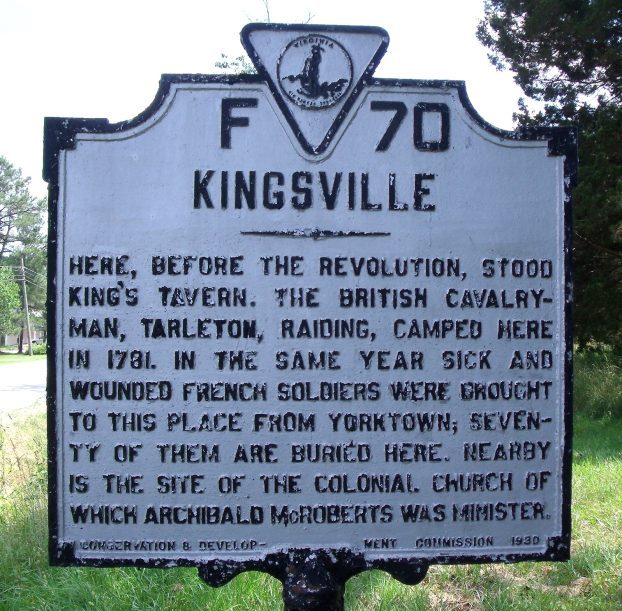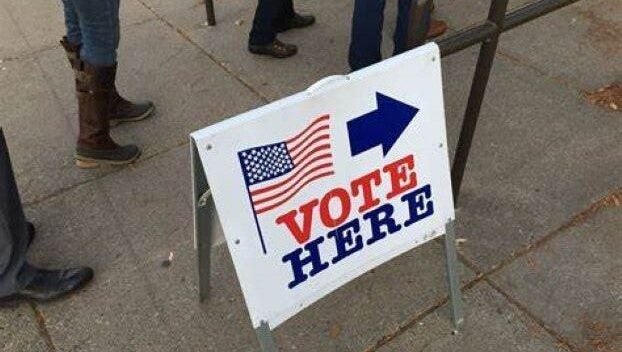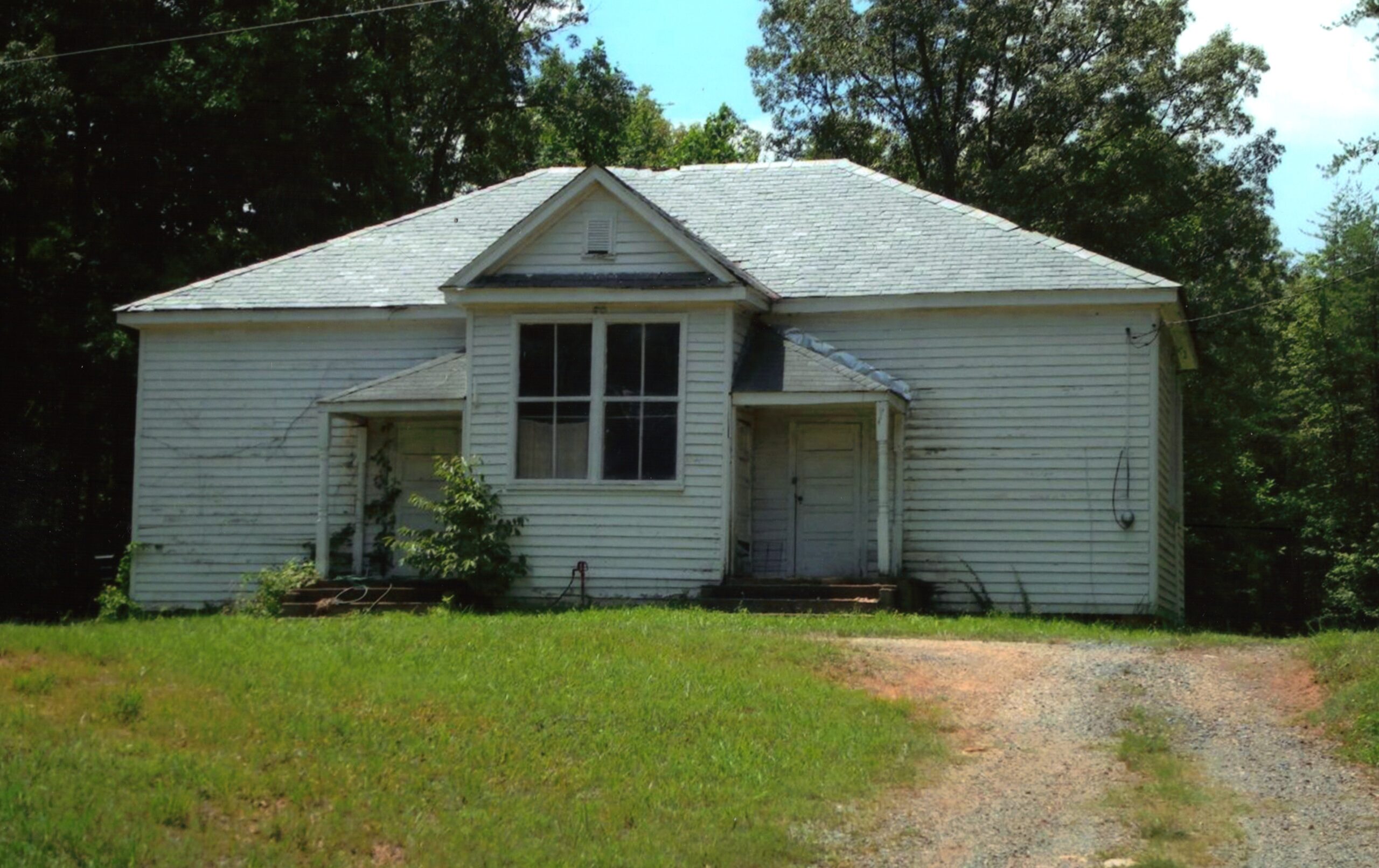Some taxes unfairly affect rural Virginia
Published 2:00 pm Tuesday, November 24, 2020
|
Getting your Trinity Audio player ready...
|
We all want to be treated fairly. Sometimes we do not like government policies at the federal, state, or local levels, but if it affects all equally, we are more likely to accept it.
TRANSPORTATION TAXES
The 2020 General Assembly imposed the transportation tax increases. The basic statewide fuel tax went up 5 cents a gallon, but in many parts of the state including ours, a supplemental regional tax increase added another 7.6 cents.
Trending
Several years ago, the General Assembly allowed northern Virginia and Tidewater to raise the fuel taxes on themselves because of those regions’ need to build new roads. In 2020, those regions overrode the rural parts of the state and raised gas taxes all over the state. The unfair factor is that most all of that money will be spent in the cities and suburbs around them. Very little will be spent in rural Virginia. What little work that comes to rural areas could be derived from the funding level prior to the increase if dollars had not been sent to the more populated areas.
Gov. Ralph Northam’s latest proposals are going to be far more expensive to you. In spite of COVID-19, Virginia had record-breaking tax revenue this year. Now, more tax increases are being proposed for the 2021 General Assembly. Northam is proposing to restore a state inheritance tax on some estates. Farmland often makes estates large enough to fall within the range that would be affected. Virginia’s leading progressive group is hiring a “revenue campaign manager” to lead the 2021 and 2022 fight “to secure expanded progressive revenue options.”
THE TRANSPORTATION AND CLIMATE INITIATIVE
This is an additional new carbon tax on gasoline and diesel. Gov. Northam has Virginia joining a 12-state regional compact that would impose a cap on the sale of gasoline and diesel fuel within the region. It imposes a carbon tax by requiring fuel wholesalers to buy allowances for their Virginia sales, with the added costs passed on to retailers and consumers.
The Beacon Hill Institute of Medway, Massachusetts, asserts that the total impact (direct and indirect) on a family would average more than $700 per year. That would include the higher cost of gasoline or diesel fuel they purchase, and the impact of those costs on the goods and services families buy.
According to the study, TCI cap and tax regime would reduce future state gross product in Virginia by more than $1 billion per year and impede growth in employment, capital investment and disposable income. It would put us at a severe disadvantage as we compete for employers in neighboring states to the south.
Trending
TCI proponents are seeking to reduce the amount of carbon dioxide released into the atmosphere from fuels by 25%, accomplished by decreasing gasoline and diesel sales by 25%. The Beacon Hill analysis estimated a social benefit from the lower carbon emissions, using an economic tool accepted by those concerned about CO2 emission, but found the benefit in the range of $32-34 million per year will be swamped by the economic costs.
“The Transportation and Climate Initiative would raise taxes on Virginians, cost Virginians jobs, reduce disposable income, result in the rationing of fuel, and lead to reductions in road funding,” Chris Braunlich, president of the Thomas Jefferson Institute, said. “It would doubly hurt rural areas reliant on cars, and severely damage the economies of communities along the North Carolina, Tennessee, Kentucky and West Virginia borders.” Because those states are not part of this pact, Virginia merchants will be at a price disadvantage.
An additional factor that should be considered is that many of our citizens must drive farther to get good jobs. That extra expense will negatively affect rural families far more than others.
The General Assembly, which begins in two months, will consider whether Virginia should join TCI. The limited information available indicates the initial price for the allowances needed to sell gasoline and diesel will translate to an additional 17 cents per gallon. That would be in addition to the state’s existing gasoline tax of 28.8 cents per gallon, which is already set to go to 33.8 cents next July. Remember only last year we only paid 16.5 cents tax per gallon.
Consider yourself warned of what is about to happen.
FRANK RUFF JR. serves as the 15th District senator in Virginia. He can be reached at Sen. Ruff@verizon.net, (434) 374-5129 or P.O. Box 332, Clarksville, VA 23927.





